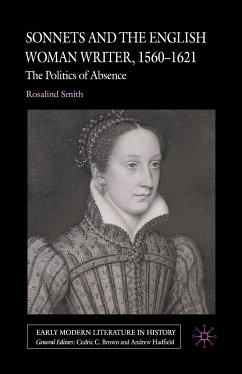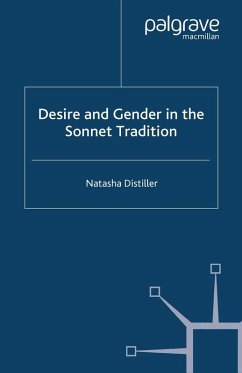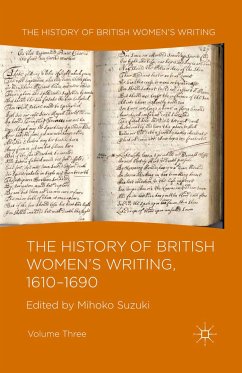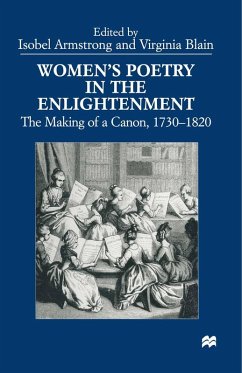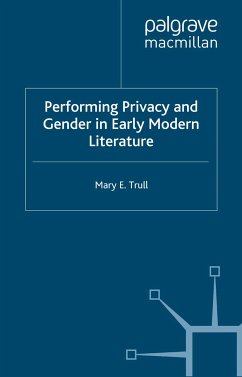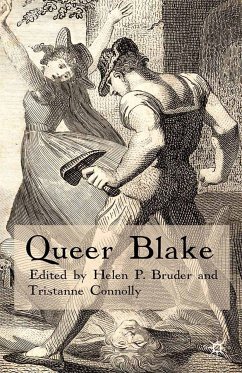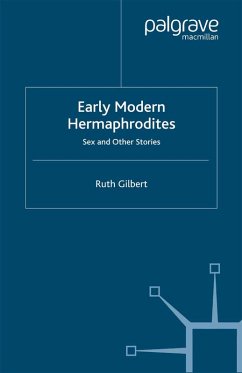Dieser Download kann aus rechtlichen Gründen nur mit Rechnungsadresse in A, B, BG, CY, CZ, D, DK, EW, E, FIN, F, GR, HR, H, IRL, I, LT, L, LR, M, NL, PL, P, R, S, SLO, SK ausgeliefert werden.
'Rosalind Smith has produced a well-organized and effective work, with much to recommend it...The strength of the work lies not only in its clearly defined remit but also in Smith's ability to range effortlessly from close textual analysis to a consideration of the wider context for these works, and to dovetail literary criticism with historical insight.' - Lucinda Becker, Modern Language Review

